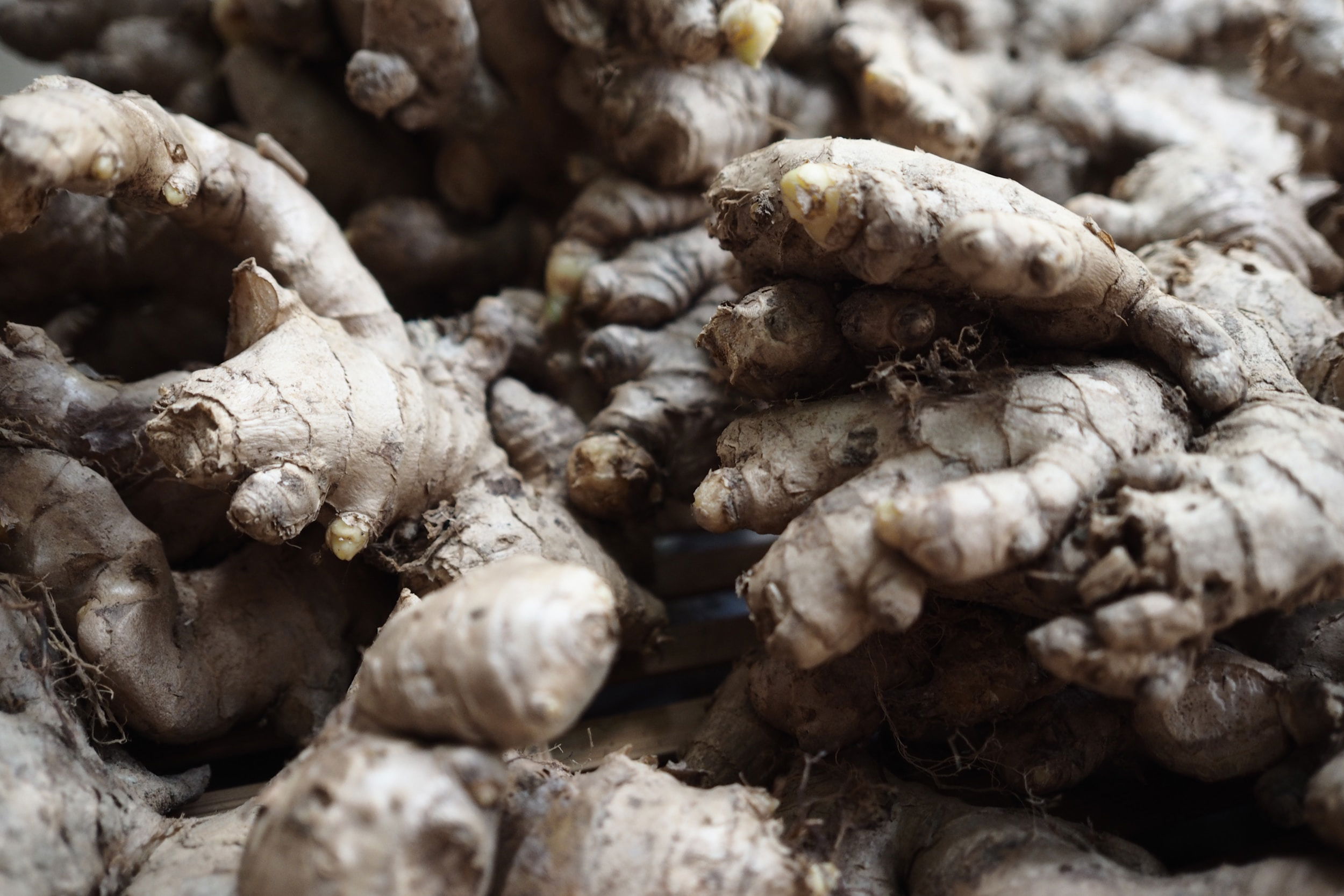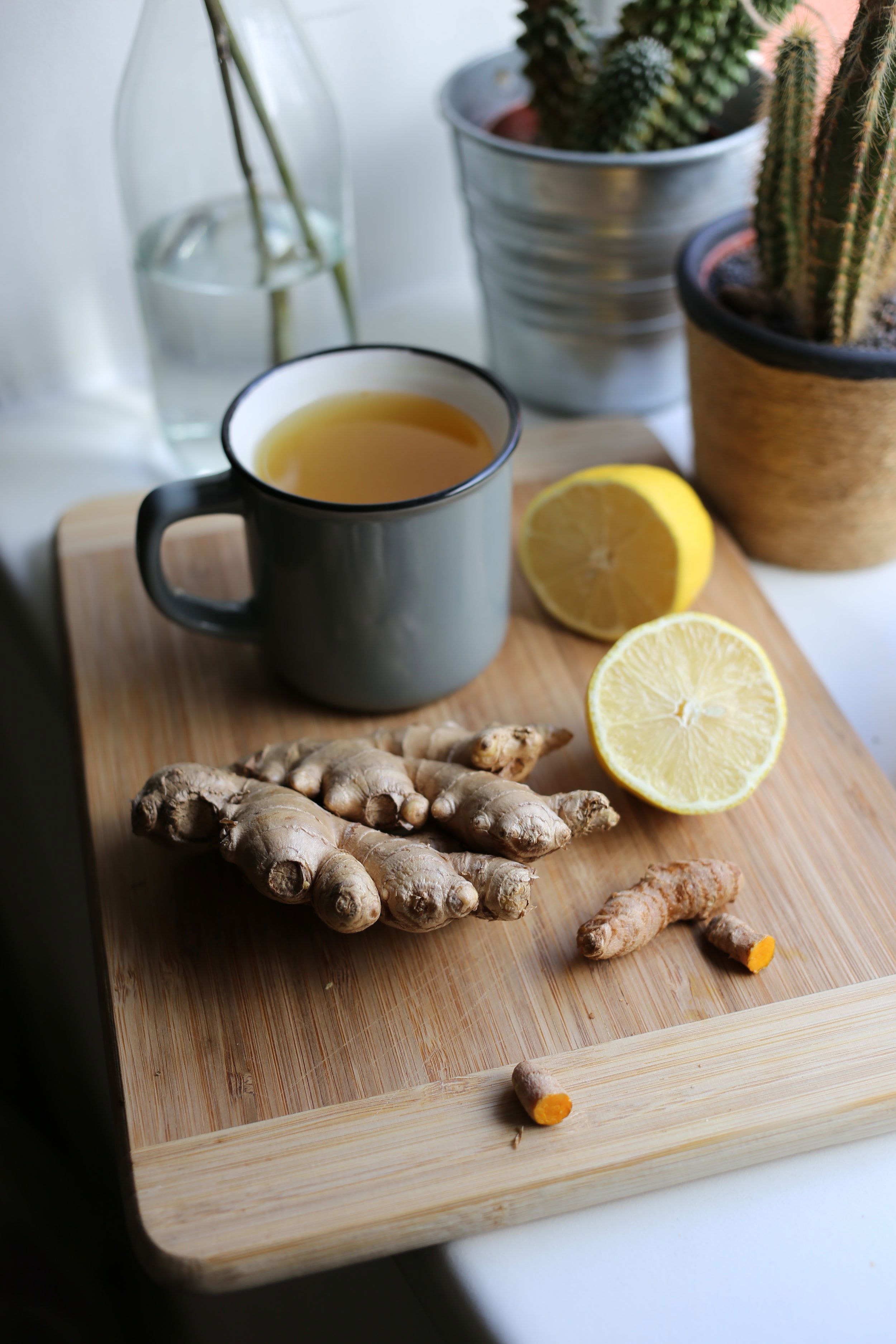Overview of Sri Lanka's Import Demand for Fresh Ginger
Sri Lanka has been experiencing a significant increase in import demand for fresh ginger in recent years. This surge in demand can be attributed to various factors, including a shift in consumer preferences, increased awareness of the health benefits of fresh ginger, and its widespread availability. However, limited local production and inadequate infrastructure facilities have made it challenging to meet the growing import demand for fresh ginger in Sri Lanka. In this article, we will analyze the fresh ginger market in Sri Lanka, identify the key factors driving the import demand, and explore the challenges faced in meeting the demand. We will also delve into the impact of the growing import demand for fresh ginger on Sri Lanka's economy and highlight the measures needed to boost local production. Finally, we will discuss the future prospects and opportunities in Sri Lanka's fresh ginger market, and offer recommendations for future action.

1. Introduction: Overview of Sri Lanka's Import Demand for Fresh Ginger
Fresh ginger has become a popular ingredient in Sri Lanka, and its demand has been on the rise in recent years. Sri Lanka has seen a significant increase in the import of fresh ginger in the past few years due to a shift in consumer preferences, increased awareness of its health benefits, and the availability of fresh ginger in the market.
Why Fresh Ginger is in High Demand in Sri Lanka
Fresh ginger is an essential ingredient in Sri Lankan cuisine, and it is used in a variety of dishes, from curries to desserts. Ginger is known for its unique flavor and aroma and is considered a necessary ingredient for many traditional dishes. Additionally, fresh ginger is also used in Ayurvedic medicine, making it an essential ingredient for many health-conscious Sri Lankans.

2. Factors Influencing the Increasing Import Demand for Fresh Ginger in Sri Lanka
A Shift in Consumer Preferences
The increase in the demand for fresh ginger can be attributed to a shift in consumer preferences toward natural and healthy foods. Consumers are becoming more aware of the impact of their food choices on their health and are choosing fresh and unprocessed ingredients over processed and packaged foods.
Health Benefits of Fresh Ginger
Ginger has several health benefits, including being an effective antioxidant and anti-inflammatory agent. It is also known to aid digestion and relieve nausea, making it a popular choice for those suffering from digestive issues or morning sickness.
Increased Awareness and Availability of Fresh Ginger
The availability of fresh ginger in Sri Lanka has increased due to an increase in the imports of fresh ginger into the country. Additionally, there has been a rise in the number of health-conscious consumers who are looking for natural remedies and ingredients that offer health benefits.

3. Analysis of the Fresh Ginger Market in Sri Lanka
Current Market Size and Growth Trends
The fresh ginger market in Sri Lanka has been seeing steady growth in recent years. The market was valued at $2.29 million in 2019, and it is expected to grow at a CAGR of 3.8% during the forecast period from 2020 to 2025.
Key Players in the Fresh Ginger Market
The fresh ginger market in Sri Lanka is dominated by domestic players who import ginger from countries such as India, China, Thailand, and Vietnam.
Import and Export Data of Fresh Ginger in Sri Lanka
According to data from Sri Lankan Customs, the country imported 4,661 metric tones of fresh ginger in 2019, with India being the largest supplier, followed by Thailand, China and Vietnam. However, Sri Lanka does not export fresh ginger.

4. Challenges Faced in Meeting the Import Demand for Fresh Ginger in Sri Lanka
Limited Local Production
Sri Lanka's ginger production is limited, and the country is unable to meet the growing demand for fresh ginger. The local production of ginger is mainly for home consumption and is not sufficient to meet the commercial demands of the market.
Inadequate Infrastructure Facilities
The lack of adequate infrastructure facilities, such as proper storage and transportation facilities, has hindered the growth of the fresh ginger market in Sri Lanka. This has resulted in higher costs and reduced quality of fresh ginger.
Lack of Quality Control and Standardization
The lack of quality control and standardization in the fresh ginger market in Sri Lanka has resulted in inconsistent quality and pricing, making it difficult for both importers and consumers. There is a need for standardization and quality control measures to ensure the consistent quality of fresh ginger imported into the country.

5. Impact of the Growing Import Demand for Fresh Ginger on Sri Lanka's Economy
Foreign Exchange Outflow
Sri Lanka's increasing import demand for fresh ginger has led to a substantial outflow of foreign exchange. This has had adverse effects on the country's balance of payments and foreign reserves. The country has been forced to borrow heavily from international sources to finance these imports, which has increased its debt burden.
Opportunities for Employment and Income Generation
The growing demand for fresh ginger imports in Sri Lanka presents an opportunity for farmers and the unemployed population with arable land to generate income. With proper support, Sri Lanka has the potential to establish itself as an important contributor to the global ginger trade. This would lead to the creation of more jobs and the growth of small and medium-scale businesses in the country.
Impact on Agricultural Sector and Rural Development
Sri Lanka's agriculture sector has the potential to contribute significantly to the country's economic development. The growth in demand for fresh ginger imports can serve as a catalyst for this growth. It can result in the establishment of more farmlands and increase the productivity of small farmers. This will eventually contribute to the development of rural regions in the country.

6. Measures to Boost Local Production of Fresh Ginger in Sri Lanka
Introducing Modern Farming Practices
The Sri Lankan government should invest in modern farming practices like hydroponics and vertical farming. It can also provide small farmers with access to credit, seedlings, and modern farming equipment to boost their productivity.
Developing Infrastructure Facilities
Sri Lanka's government should invest in the provision of essential infrastructure facilities like access roads, irrigation systems, and electricity in rural areas. This will improve the transportation of goods, storage facilities, and access to markets.
Promoting Research and Development
The government should promote research and development in the agricultural sector. By doing so, they can discover new varieties of ginger that are resistant to local pests and can better adapt to the climate.

7. Future Prospects and Opportunities in Sri Lanka's Fresh Ginger Market
Emerging Trends and Innovations
The global market for ginger is dynamic and constantly evolving. There are emerging trends like the use of ginger in medicinal and cosmetic products, which will increase the demand for fresh ginger from Sri Lanka.
Investment and Growth Opportunities
The increasing demand for fresh ginger in the global market presents a significant investment opportunity for Sri Lanka. The government should encourage foreign investors to establish ginger processing plants, as it will result in the creation of additional jobs, and increased exports, and revenues.
International Trade Prospects
Sri Lanka has the potential to become a significant exporter of fresh ginger globally. The country should invest in improving the quality of its produce, ensuring timely delivery, and meeting the international standards of packaging and labeling.

8. Conclusion: The Way Forward for Sri Lanka's Import Demand for Fresh Ginger
Summary of Key Findings
Sri Lanka's import demand for fresh ginger has had significant impacts on the country's economy, creating both challenges and opportunities. Although importing ginger meets domestic demand, local production can improve Sri Lanka's economy, creating job opportunities and contributing to rural development.
Recommendations for Future Action
The government must invest in modern farming practices, essential infrastructure, research, and development, and make necessary policy changes to encourage private investment in the country's ginger production. By doing so, the country can become a significant contributor to the global ginger trade, generating more income for the community, and reducing the country's reliance on ginger imports. In conclusion, Sri Lanka's import demand for fresh ginger is on an upward trend, driven by various factors such as changing consumer preferences and increased awareness of its health benefits. While there are challenges in meeting this demand, there are also opportunities to boost local production and promote agricultural growth. It is crucial for Sri Lanka to take necessary measures to enhance the local production capacity, develop infrastructure facilities, and implement quality control measures to ensure sustainability in this growing market. With proper execution, Sri Lanka can continue to meet the import demand for fresh ginger while simultaneously enhancing its economic growth.

FAQs
Why is there a high demand for fresh ginger in Sri Lanka?
Fresh ginger is widely used in Sri Lankan cuisine and has been gaining popularity due to its various health benefits. It is also used in traditional Ayurvedic medicine in Sri Lanka.
What are the challenges in meeting the import demand for fresh ginger in Sri Lanka?
One of the main challenges is the limited local production of ginger due to various factors such as unfavorable soil conditions and low adoption of modern farming practices. The lack of infrastructure facilities and quality control measures are also major obstacles.
What measures can be taken to boost the local production of fresh ginger in Sri Lanka?
To boost the local production of fresh ginger in Sri Lanka measures such as introducing modern farming practices, developing infrastructure facilities, promoting research and development, and providing training to farmers can be implemented.
What are the future prospects and opportunities in Sri Lanka's fresh ginger market?
The Sri Lankan fresh ginger market has significant growth potential due to the increasing demand both domestically and internationally. There are opportunities for investment, growth, and innovation in production and value addition.


